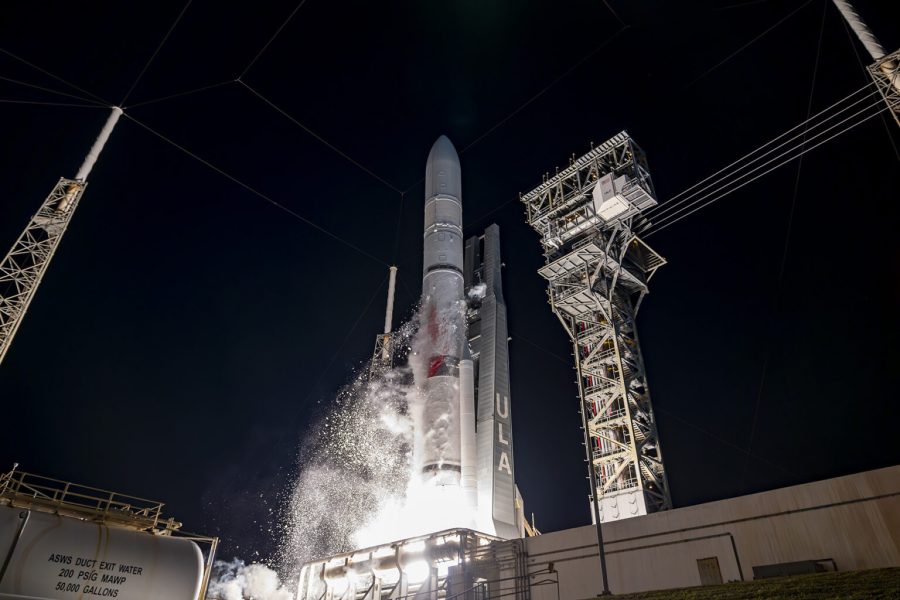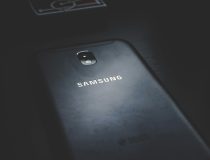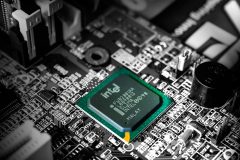A U.S. lunar lander launched for the Moon on Monday, the first in over 50 years, has suffered an anomaly.
Peregrine Mission-1 aimed to be the first US craft to moon-land since 1972’s Apollo 17. The launch appeared fine at first but company Astrobotic later said an anomaly occurred post take-off.
An Update on Peregrine Mission One: pic.twitter.com/Q20dGVOMml
— Astrobotic (@astrobotic) January 8, 2024
The launch marks private firms joining the space race to make lunar deliveries for NASA and other clients. It signals a shift towards commercial space travel as NASA relies on companies offering services in place of government-run missions alone. This spacecraft built by a private contractor ushers in new ambitions for corporate involvement in exploration to the moon and beyond after a half-century dry spell since Apollo landings ceased.
NASA’s CLPS (Commercial Lunar Payload Services) initiative and Artemis program, United Launch Alliance (ULA) and Astrobotic set off from Cape Canaveral. The delivery service is packed full of assorted items including a chunk of Mount Everest, tiny robot cars developed by Mexican university students, and even the remains of legendary fathers of science fiction Gene Roddenberry and Arthur C. Clarke.
Rod Roddenberry the son of Gene, is working with space-memorial company Celestis, to send his father’s and some other notable genetic information into space. This includes Star Trek cast members cremated remains, memory files and DNA capsules of icons Nichelle “Uhura” Nichols, James “Scotty” Doohan, and DeForest “Bones” Kelley.
As reported by space.com, the DNA of George Washington, Dwight D. Eisenhower and John F. Kennedy will also go up amongst the stars in the Celestis payload.
The first U.S. commercial robotic launch to the Moon successfully lifted off Jan. 8 on the first flight of @ULALaunch’s #VulcanRocket. @Astrobotic’s Peregrine Mission 1 lander is expected to reach the lunar surface in February: https://t.co/csvx73ZqgP pic.twitter.com/N7Mxiqi8GC
— NASA (@NASA) January 8, 2024
CEO of Astrobotic, John Thornton praised the launch. “Today Peregrine Mission One achieved a number of big milestones. Peregrine powered on, acquired a signal with Earth, and is now moving through space on its way to the Moon. These successes bring us one step closer to seven nations landing on the Moon, six of which have never been to the Moon before.”
Space, the final frontier
The payload carried by the new Vulcan rocket originates from seven different nations and 16 commercial customers for Astrobotic. With some of the first lunar space payloads from Mexican and German space agencies and the UK’s Peregrine Ion Trap Mass Spectrometer, we reported last week.
The tiny Mexican space robots named COLMENA will be flung from the lander and Mexico’s National Autonomous University (UNAM) hopes they will scrub the surface and atmosphere of the Moon for sample data.
Gustavo Medina-Tanco, Head of Laboratory of Space Instrumentation at UNAM thanked Astrobiotic in a post on Linked in, saying “Dear Astrobotic operations team, thanks for taking care of COLMENA to the Moon.”
Vulcan sets new standards in exploration
United Launch Alliance’s Vulcan is a 61-metre rocket that will replace the Atlas V. It was assembled at Astrobotic’s headquarters in Pittsburgh, PA. The rocket contains parts made by hundreds of suppliers from across the US, including 184 Pennsylvania-based companies.
The development project with Boeing-Lockheed Martin includes engines from Jeff Bezos’s space company Blue Origin.
“Astrobotic would like to thank its suppliers, customers, sponsors, supporters, and 250-employee team, who have worked tirelessly for years to make this moment possible,” said Thornton.
Earlier this month, space exploration rival Space X launched the Starlink program. This satellite hopes to give network service anywhere on Earth.
Image credit: Astrobiotic.


















